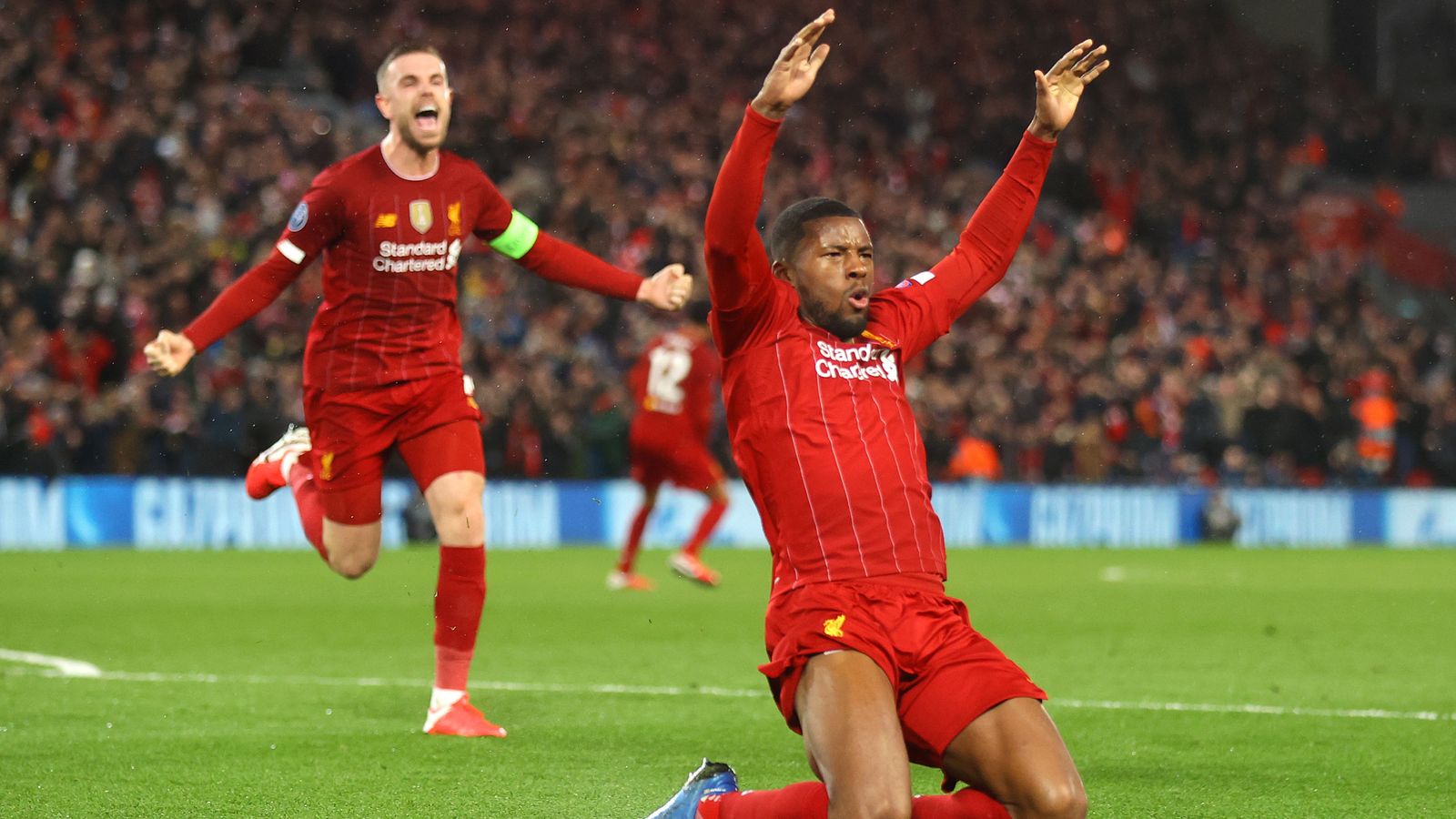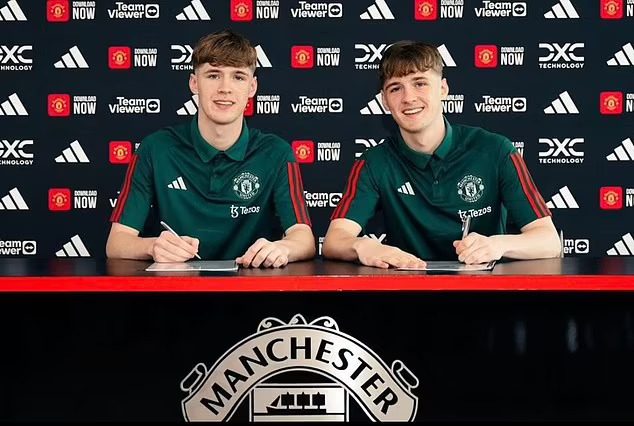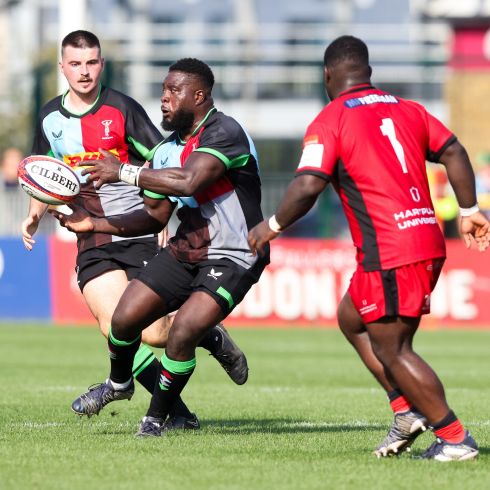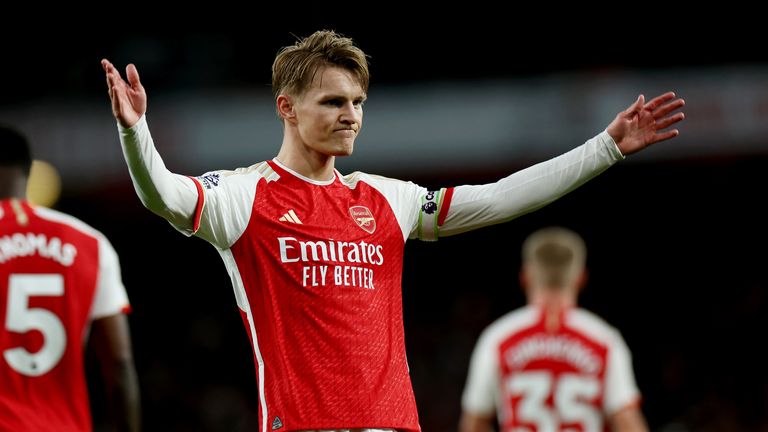Under normal circumstances, Bulawayo was a rugby-loving outpost. But one special Wednesday afternoon in May 1961 the town came to a virtual standstill when Leicester City played a once-in-a-lifetime friendly against Southern Rhodesia at the Queens Ground. The match programme couldn’t contain its pride. There was an upbeat message from Margaret E Brett, the mayor (“This is a momentous year in football circles in Southern Rhodesia…”) which rubbed shoulders with a sober five paragraphs from JH Cobb, the chairman of the Southern Rhodesian Football Association. Scattered between the official messages and the middle-page team lists were neat half-pagers for the local travel agents, Musgrove and Watson (Telegrams: “Mustour”), Crombie’s Motors and Arthur Penhale – “The Chemist in the Arcade”.
There were also adverts in the 24-page souvenir programme for the Matabele Steam Laundry, the Commonwealth Building Society on Abercorn Street and Emms, next to the Dundee Butchery slightly further down the street. Emms was presumably a bakery because its match-day half-pager advertised “confectionary, cakes, bread and cigarettes,” as well as “filled rolls, toasted sandwiches, hot pies and pasties”. Cream cakes were also available at Emms, as were apple pies “and a large variety of fancies”. Orders, we were told breezily, can be placed if you phone 63049 for service.
Fancies there might have been at Emms but imported football fripperies were frowned upon down at the Queens Ground, where the match started sharp at 3.45pm. May was a winter month in Rhodesia. The frosts had already arrived and the ground was hard as an over-baked Emms fancy, the ball bouncing high and awkwardly in the rarefied air. There was a strain of Scottish influence in Rhodesian football at the time and continental trickery was not encouraged. As a rule teams played 2-3-5 and the football was fast and direct. “In those days if you saw the ball’s laces you didn’t header the thing, you just ducked and let it pass by,” said Bobby Chalmers, who played on the right wing that day while the livewire Tommy Ballantyne shifted to the left. “I was just a young whippersnapper at the time. I didn’t have much ball control to speak of but I was quicker than most over 10 yards and I was robust, being a rugby player. I had a pretty decent shot. I scored 375 goals all told in Rhodesia and then at Durban City and Durban United when I headed south.”
The curtain raiser to the main event was played between Red Army and Wankie, two local teams made up mainly of black Southern Rhodesians seldom afforded the courtesy of a first name (Fanyaan, Finias, Lazarus) in the case of Red Army but given their full names in the case of Wankie players like Enoti Banda, Taxi and Aaron Lungu (brothers maybe?) and Des Lawler.
After the first game came the presentation of the teams to Donald Macintyre (CBE, MP) and, after that, the crowd of approximately 15,000 settled in, clutching their match programmes (price: one shilling) wondering if those in the white shirts and black shorts of Southern Rhodesia could overcome Leicester in their traditional royal blue shirts and white shorts.
The Southern Rhodesians weren’t expected to do well but you never could tell. They’d lost 6-1 and 3-1 to the visitors Blackpool in 1960, so on the balance of probabilities this was unlikely to be their day. What else was there to do but cautiously hope?
According to Chalmers (who still lives in Durban and prunes roses, including those of Clive Barker, the former Bafana Bafana coach), the match was dangerously lopsided to begin with. The Rhodesians started off well but not well enough, early nerves resulting in Leicester’s opening goal. The crowd groaned, doubtlessly fearing another Blackpool. They might even have drawn long-sufferingly on a cigarette, lit with one of four models of Ronson’s lighters (‘Essex’, ‘Varaflame’, ‘Whirlwind’ or ‘Cadet Adonis’) advertised at the foot of the team sheets in the programme’s middle page spread.
Leicester, with Gordon Banks in goal and Frank McLintock, later of Arsenal, in the midfield, were a good side. They’d reached the FA Cup final a few days before (they were beaten 2-0 by Spurs) and their skill resulted in a second and a third goal. With 15 minutes to go a rout seemed to be on the cards as they scored their fourth, but then Frank Dunlop, the Aberdeen-born Southern Rhodesian coach, decided to reverse his pre-match choice of wingers. “He switched me back to the right wing with Bobby going across to the left and suddenly I scored a goal,” said Ballantyne, born in West Calder, 17 miles outside of Edinburgh. “Then I scored another and before long I’d scored a third because I was one of the quickest guys in the box and latched onto the ball as it was bouncing around. The problem was, we ran out of time, so I didn’t have an opportunity to get a fourth, in which case it would have been a four-all draw. Those Leicester boys weren’t happy about it. Matt Gillies was the name of their manager and I don’t think they were very happy because they all sat around in their corner moping afterwards.”
It was fondly assumed by Ballantyne’s Southern Rhodesian teammates that the hat-trick would prise open the door to the enchanted world of English professional football. But the offer of a trial – or even a hopeful conversation – never materialised, as Leicester departed sulkily for two matches in South Africa. “He was quick and busy,” Chalmers says of him, “he was the forgotten man of Rhodesian football. That’s what I feel.”
In later years Chalmers was himself on the cusp of a move to second-division Birmingham City, with whom he had all but signed. As they departed back home, he told Birmingham’s “Mr. Ellis” to deal with Durban City’s chairman, Norman Elliott, because he didn’t own a phone and was difficult to reach. According to Chalmers, Elliott failed to pass on Birmingham’s subsequent messages, preferring to sell him to Durban United for more money instead.
Many years later Ballantyne read an interview with Banks in Shoot, Banks having become the kind of player that he now read about in the imported magazine that drifted down to Bulawayo a week or two after they were printed in the UK. “It was the usual stuff, you know, but I was interested to read his answer when they asked him if he’d ever conceded a hat-trick,” says Ballantyne. “He said that as far as he could remember, that ‘no,’ he’d never conceded three in a game. I chuckled to myself about it and wrote a letter off to the magazine, pointing out that this wasn’t quite true. Maybe our match didn’t count because it was a friendly but that day in Bulawayo I definitely scored three.”
In the centre of midfield behind Ballantyne and Chalmers that day was a player simply referred to as “Obadiah” in the match programme. His full name was Obadiah Sarupinda and he was the first black player to play for his country. When asked, both Chalmers and Ballantyne were complimentary about their teammate, Chalmers saying that he was “a big tall guy, strong in the air and, in my estimation, difficult to get around”. Despite Chalmers’s and Ballantyne’s positive memories, the match programme strikes a note of caution – one possibly borne of ignorance. “Plays as a professional and is reputed to be a sound centre-half,” we read. “Works for a Salisbury insurance company; formerly with Eastern Brothers.”
The inclusion of a black African player would have been largely but not exclusively pragmatic on the part of the authorities. Southern Rhodesia wasn’t a member of Fifa at the time and it would take until 1969 for them to play a series of qualifiers against Australia in the Africa/Oceania qualifying zone for a place in the Mexico World Cup a year later. Both Sarupinda and Ballantyne had retired by the time the Australian qualifiers in the neutral venue Lourenço Marques (now Maputo) took place, but Chalmers was captain of the side, describing the three games in a different context as the achievement of his career.
The to-ing and fro-ing about a neutral venue for the Rhodesia v Australia matches (the Southern Rhodesian government having made their Unilateral Declaration of Independence in November 1965) took months. Not wanting to allow the Rhodesians into Australia because of their secession from the Commonwealth, an act deemed illegal by the remaining Commonwealth members, the ASF (Australian Soccer Federation as they then were) proposed Seoul in South Korea as a neutral venue; the Rhodesians refused and, as the Aussies refused to play in Rhodesia, offered Mozambique as their neutral choice. This the Aussies accepted.
The first game was drawn in torrential rain and the Australians vowed to settle matter for once and for all in the second. This game was also a draw, with the Aussies winning the play-off third match, which entitled them to a final round of qualifiers for Mexico. They played Israel and lost 2-1 on aggregate, the Israelis being drawn in the same group as Italy, Uruguay and Sweden at the World Cup. “We were pretty naive going into the Australia matches,” remembers Chalmers. “We were coached by Danny McClellan, a Scot, who really hammered the African boys in training. If they were late for the bus he’d make them run to the training ground. Once we arrived he’d make them play shadow football, which they struggled with. I once threw a cup of tea at him in the dressing room. It was a little bit difficult. The guys really fought hard in those three matches. The Aussies couldn’t believe we managed to draw that first one.”
Facing sanctions and Commonwealth disapproval as a result of UDI, Rhodesia didn’t play another World Cup qualifier until after their independence as Zimbabwe in 1980. For their part, Leicester City flew on to Durban, were they played Durban City three days after their victory over Southern Rhodesia. It was the first time two professional teams from the respective countries had played against one another and Leicester won 2-0. Leicester’s final game on their three-match tour was against a Combined Transvaal selection at the Rand Stadium in Johannesburg, with the game ending 1-1.
Ballantyne clearly remembers the arrival the following year of West Ham, coached by a young Ron Greenwood. Once again he played for Southern Rhodesia but also found himself helping out in Blantyre. “West Ham played against Malawi as part of their tour and they were a bit short, so I found myself going up there and pitching in,” he says. So, Ballantyne, a Scot, who spent the first 12 years of his life in a single-roomed house in Colombia, where his father worked for Standard Oil, ended up with a cap playing for landlocked Malawi, one of the poorest countries in Africa. Such was African football life in the 1960s.







